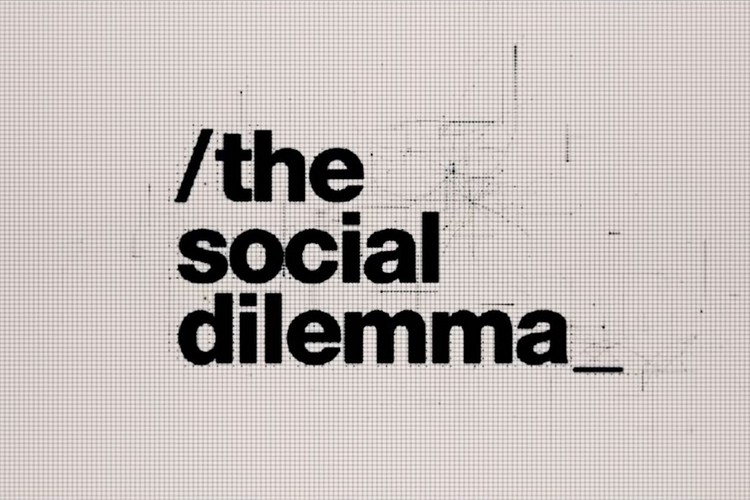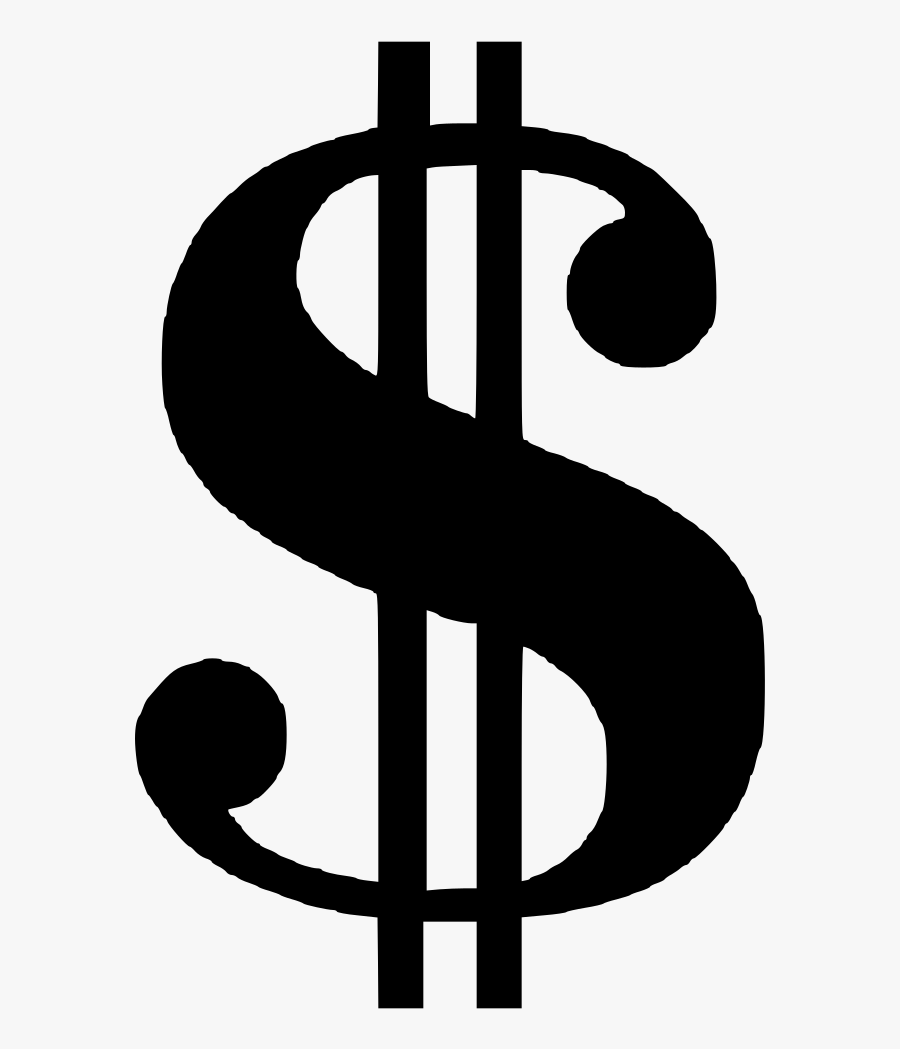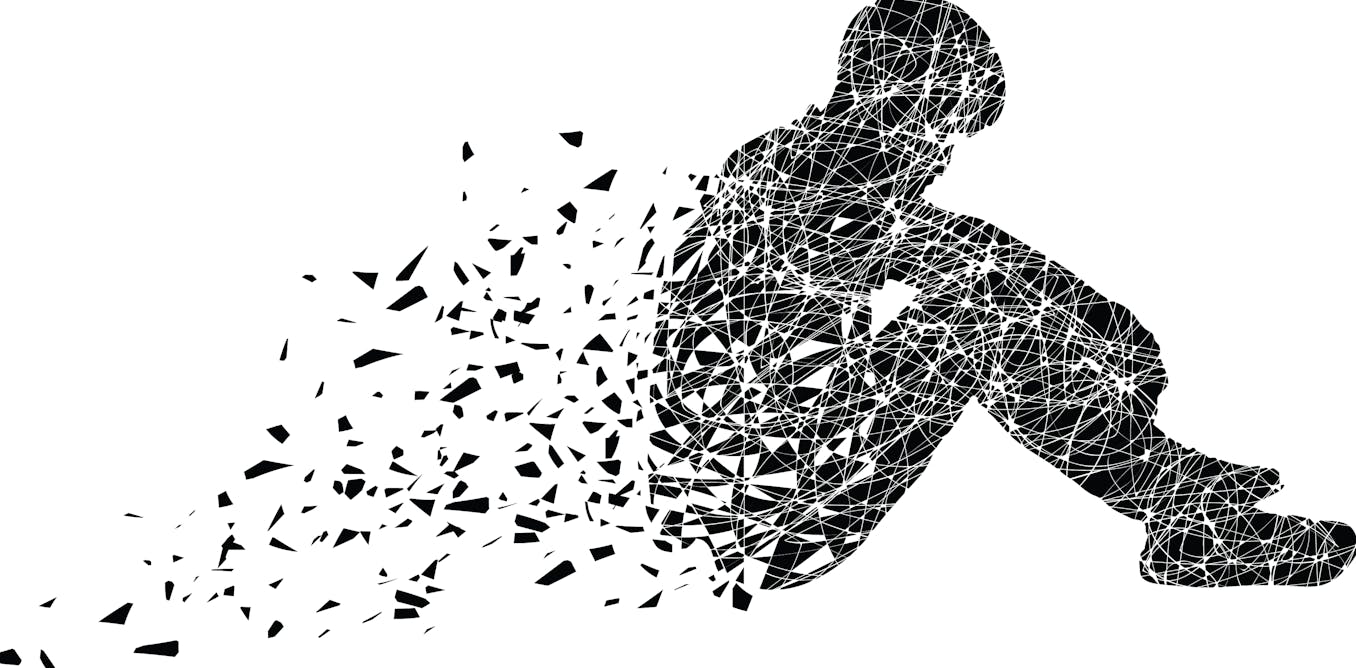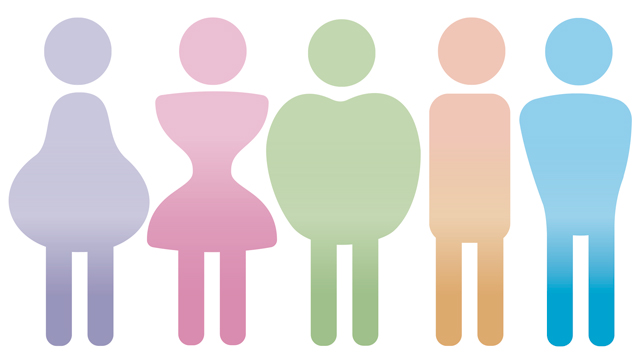Welcome to this post about social media effects on mental health in 2022!
Social Media Movie
I recently watched The Social Dilemma on Netflix, and was inspired to write this post after the fact. If you haven’t seen it, I highly recommend you check it out. It’s a real eye-opener. I’d say it’s one of the best documentaries I’ve ever watched.
After watching it, I felt compelled to share some of my feedback on the movie, some of my own personal experiences, and provide some advice regarding social media.
For starters, we should talk about the movie itself. It’s all about how social media is doing more harm than good to our society.
This is an unpopular opinion that very few believe. In order to convince others, the movie needed to present the perfect argument. They did just that. The Social Dilemma had just the right amount of ethos, logos, and pathos to leave viewers questioning their existence.
Ethos, Logos, and Pathos in the Social Dilemma

How exactly did they pull this off? Well, for ethos (credibility), they brought in dozens of upper-level management personnel from several social media platforms. We’re talking about the founders, CEOs, and presidents of Facebook, Instagram, Pinterest, and Twitter. These people were the ones who had a major say in what social media has become. So, they can speak first-hand to how the platforms work, and the negative consequences they may have.
For logos (facts), they introduced several studies, statistics, and more to demonstrate their point. It’s clear that social media is having some pretty bad effects on mental health, epically in teens.
Finally, for pathos (emotion), they had a side storyline going that was run like a regular movie with actors playing different characters. The characters were teens who were dealing with several problems related to social media.
These three aspects incorporated together created an epic documentary with a perfect argument. I would say the only thing I didn’t like about the movie was the fact that they presented the problem extremely well, but didn’t really offer a solution. They spent maybe 3-5 minutes on potential solutions at the end of the movie when the credits started rolling. However, I would have like to have seen a larger section dedicated to some actionable steps to take.
That’s why I want to offer a few solutions in this post based on the problems presented in the movie.
Why Social Media is Bad
But before we get to the solutions, I think we need to discuss the problem further. So I want to touch on a few reasons on why social media is bad for you.
First things first, I do want to say that social media does a lot of good for the world. Never before have we been this connected to one another digitally. I think social media has fostered a lot of good relationships and spread a lot of positivity in the world.
But just like anything in life, too much of a good thing is bad. By why exactly is social media bad for you?
You Are Being Sold

Social media apps track every single thing that you do. They see everything you search, every post you like, and some even think that they listen to you as well. They track how long you spend on each post down to the millisecond. All of this is in an effort to show you more content that you like and are interested in.
Because, the more content that you enjoy, the longer you stay on social media. The longer you stay on, the more money the social media company makes. Their whole business model is getting you addicted to content that you can’t resist.
Then, they get sneaky and throw in advertisements every now and then. These advertisements are catered just to you, because they’ve been tracking you. The more ads that are shown, the more money these apps make.
Not to mention, companies can now target exactly who they want to see their ad. This allows them to influence and even manipulate you based on your information.
It’s all one big vicious cycle that is making companies bank and ruining human lives.
Social Media Depression

Social media has led to a greater increase in depression, anxiety, and suicide across our culture. The movie showed several statistics showing how all of these things jumped in around 2010 when social media became really popular.
Why is this? Well, when we use social media it releases dopamine into our body. Dopamine is the neurotransmitter that makes us feel pleasure. So, when we browse social media, dopamine is released. Certain activities release more dopamine than others.
For example, chatting with others, being tagged in posts, or getting likes on a photo releases a lot of dopamine. The first time this happens, you really enjoy it. But, each time after you don’t get the same response. Unless that is, you get more of it. So instead of chatting with 1 person, you now chat with several. Instead of being happy with 100 likes, you now want 200.
The point is, it takes a lot more effort to get the same pleasure you experienced the first time. So eventually, your body stops feeling pleasure from day to day tasks. This is what can lead to depression.
However, dopamine is not the only reason why people are becoming depressed. Another huge aspect of this is comparison.
Social Media and Body Image

Before social media, people didn’t really know a whole lot about other people. I mean sure, you knew about your friends and family. But you knew hardly anything about your acquaintances. Nowadays, everyone you meet ends up as your friend on social media.
This results in you being friends with hundreds if not thousands of people. Being exposed to this many people means that naturally you’re going to start to think that a lot of people have better lives than you. You might see someone goes on a lot of vacations, or another person gets tons of likes, or someone else is always in a relationship.
You start comparing yourself to hundreds of other people, and soon it seems like everyone is living the dream…except you. What we often forget though is that everyone only posts their best moments on social media. No one posts when they have a crappy day. It’s like they’re applying a filter and only showing you their best.
The exact same thing applies to body image. Seeing everyone else looking perfect (because of filters) results in you feeling like you’re not good enough. Ladies, you might feel like you’re not as pretty as that other girl. Guys, you might not feel like you’re as buff as that other guy.
I believe that it’s these two factors that contribute to a lot of unhealthy comparison on social media:
- Being exposed to hundreds of people (most of which you don’t talk to regularly).
- People only show the best versions of themselves.
Social Media and Teens
Now that we talked about the problem, let’s talk about some solutions.
Responsible Social Media Use
I think we can all agree that social media has some negative effects on us. However, that doesn’t mean we need to get rid of it entirely. I think we need to control social media, instead of having social media control us. The way to do this is regulation.
Decreasing The Number Of People You Follow
The first step is to reduce the amount of content that is entering your feed. I once heard someone say that humans were only ever meant to interact with 150 people or less. Meaning, that humans can only have 150 authentic connections with other people. Anything over that and you have to start limiting the depth of those relationships, which is something no one wants. So, I recommend trying to focus on the 150 people that add the most value to your life.
With social media, that means that your goal is to follow 150 people or less. You might have just heard that and thought, “No Way!” Even I follow more than 150 people. However, I used to follow close to 300, and now only follow 200. I’m trying to trim that number down each and every day.
Here are the questions I ask myself when I’m trying to decrease the number of people I follow:
- Does this person add value to my life?
- Does I care about this person?
- Does this person annoy/frustrate me with the content they post?
I currently follow 200 people on Instagram, 20 YouTube channels, and have unsubscribed from almost every email list I was a part of. It’s nice not having as much content in my feed now and now I spend a lot less time on social media.
Turn Off Notifications
The next step is to turn off notifications on social media apps and YouTube. You don’t need to see when someone posted a story, when a YouTube channel posted a video, or when someone liked your post. All of that stuff will be there later for you to look at. None of it is time sensitive. Notifications are only meant to have you come back to these apps to spend more time on them.
I’ve turned off all notifications from social media and YouTube. It’s nice to not have my phone blasted all day long with notifications.
Only Check Once Per Day
This one is going to take some serious discipline, but if you can pull it off, you’ll see huge benefits. For the the last few months, I have only checked social media once per day. I’ve seen a MASSIVE boost in productivity and a MASSIVE decrease in my screen time.
I’m not too sure how I pulled this off, but now it’s just a habit. I only check social media once per day for 5-15 minutes around 2 hours before I go to bed. Only checking it once a day allows me to see everything that happened that day, without seeing the same stuff over and over again if I were to check every hour or so.
I’d recommend you try to do this as well. I think the best time to do it is during the evening. You don’t want to do it in the morning because you’ll start your day off on the wrong foot. You also don’t want to do it right before bed because you won’t stop thinking about it.
I just do my quick check, and get off. Then, whenever I’m tempted to check throughout the day, I remind myself that I can’t check it now. I have to wait until that evening. It was a hard habit to start, but an incredibly easy one to maintain.
Quick Note on YouTube
Honestly, social media was never that much of a problem for me. The bigger problem has been YouTube. I often would find myself spending several hours a day just watching video after video. It wasn’t till recently where I started to get a grip on the amount of time I spend on YouTube.
The trick I found was very similar to my trick with social media. I only get on YouTube once a day. However, this time, I have a time limit. I only allow myself 1 hour on YouTube per day. Once my hour is up, I have to go do other things.
If there are videos I don’t get to watch one day, I’ll watch them the next day. 1 hour is just enough time for me to watch the content I want to watch, before I get sucked into the rabbit hole.
Once again, it’s going to take some discipline, but I think you’ll find that the benefits make it worth it.
Take Detoxes Every Once and Awhile
Last but not least, I would recommend taking social media detoxes every once and awhile. It never hurts to take a break for a few days, a week, or a month. I think you’ll find yourself refreshed and you’ll probably have a new perspective for how you want to use social media going forward. Some of my most revolutionary moments when it comes to social media usage have come right after a detox.
Check out more on this subject in our success category!
The Takeaway
That’s it! I hope you enjoyed my long rant, haha. In all seriousness though, I hope you see some of the flaws of social media. By now, you should also have the strategies you need to keep in control of your social media usage. And remember, social media has a lot of good uses as well, so don’t forget that. Best of luck!
